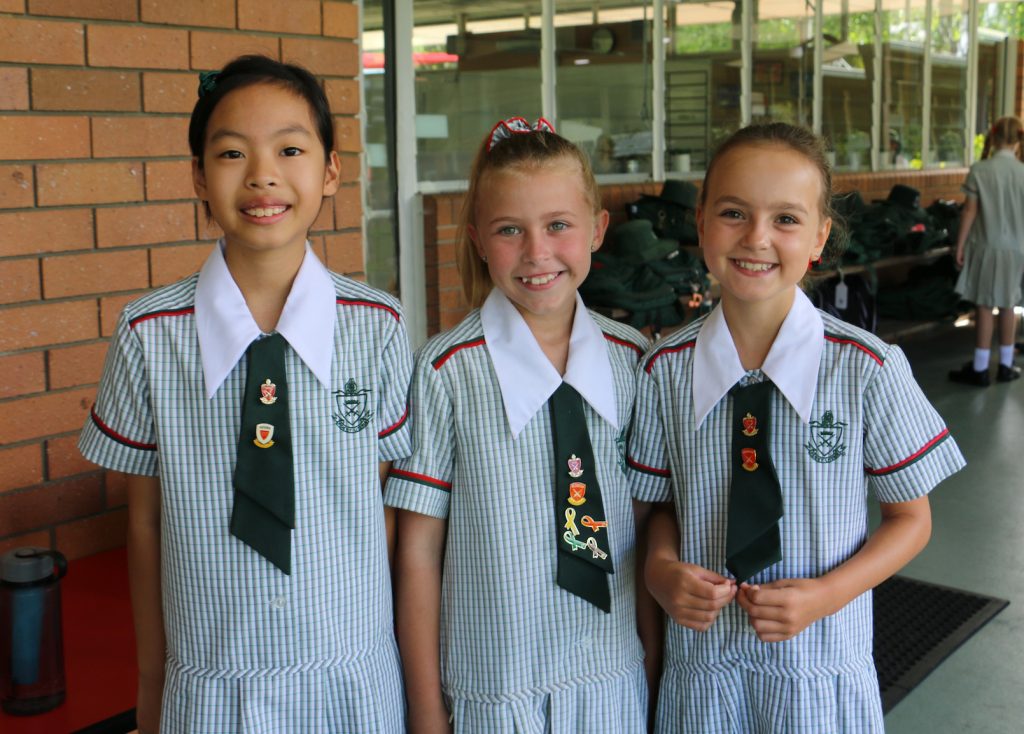
Friendship
I probably shouldn’t be, but I’m always a little surprised at how pleased most students seem to be to return to School after a three-week holiday. While I would like to think it’s because they have missed their teachers, I’m sure it’s actually because they have missed their friends.
Relationships with friends are one of the defining features of adolescence, and that is as it should be. Babies come into the world utterly dependent on their parents for all their needs. However, our role as parents is to make ourselves redundant. Our most important task as parents is perhaps complete only when our children reach the stage of not really being dependent on us at all: they can get themselves up in the morning, dress themselves, go off to work and earn a wage, pay the rent and prepare their own meals. But, between infancy and adulthood is that wonderful, transitional stage that we call adolescence. Brace yourselves, Junior School parents – it’s coming for you too!
Humans are social creatures; most of us don’t function especially well on our own. So, as children are preparing (even unconsciously) to separate from their parents, they are simultaneously establishing relationships with others with whom they will journey through life – including (hopefully) a life-partner, with whom they will create their own family. Which brings us back to learning to make friends…
You won’t be surprised to hear that many of the issues we deal with in the Wellbeing Centre revolve around some aspect of a friendship gone wrong. Learning how to make friends, and how to be a good friend, are one of the most important lessons we learn in our schooling years – and these aren’t always easy lessons to learn, which means that we get to deal with squabbles and fights, bullying, gossiping, “being mean” and, of course, falling in and out of love!
Dr Michael Carr-Gregg writes –
“It is not always easy for children and teenagers to always know how to manage friendships. Learning how to make new friends and keep them involves a number of skills every young person needs to understand and develop. For some these skills will come very naturally, allowing them to easily move between different friendship groups, sharing their experiences and opening up to new people. For others, this can be much harder to navigate. Belonging to a group that is like-minded with similar interests is highly beneficial to a child’s wellbeing. Friendships are full of ups and downs and it is better for kids to learn how to manage and build their own friendships, even though as an adult carer you may be tempted to interfere.”
If you would like to hear a bit more about this, you can find the latest edition of School TV (along with many past editions) on our School website / Parent Resources / School TV / Positive Parenting series / Friendship & Belonging. Or, simply click here.
Remember that we are also here to offer whatever support and advice we can. If your child is having some particular friendship issues at the moment, please free to speak with their classroom teacher (in the Junior School), their Tutor, House Leader or one of the Counsellors.
 Mr Nigel Grant
Mr Nigel Grant
Executive Director of Faith & Community
